Improving the wellbeing of a nation
While analytics is often connected to larger organisations, the same techniques and technologies are helping to make inroads into the large and complex problems in the social, public and health sectors.
In return, what can business learn from analytics for social good?
If there was ever a sector ripe for the application of data and analytics to help solve nationwide issues, it’s healthcare. It’s a complex sector that combines key issues of data privacy, governance, security, analytics and distribution of insights. It’s also a sector experiencing increasing patient demand, growing chronic illnesses and limited resources – the phrase ‘needing to do more with less’ is appropriate.
It’s a sector that Dr Clair Sullivan, Chief Digital Health Officer, Metro North Hospital and Health Service has helped to transform using data and analytics such that the Princess Alexandra Hospital in Brisbane is now known as Australia’s first totally digital hospital.
Says Dr Sullivan, “the reason we [at the Princess Alexandra Hospital] worked was the team we had, and we had a whole army of fantastic IT people, excellent advice from our executive, and the doctors, nurses and allied health at Princess Alexandra Hospital worked together. It was a massive team effort.
“For digital health and all this data stuff to improve patient outcomes and healthcare sustainability, we need not just the data, we need highly reliable data. But when we train clinicians, either on the job or in undergraduate training, we learn how to take notes but no one actually instructs us about the importance of the integrity of the notes, whether they’re on paper or in electronic form. It’s a huge barrier to healthcare improvement.”
In her presentation at the IAPA Conference, Dr Sullivan will reflect on her journey from juggling expectations of internal stakeholders, patients, clinicians and the analytics team through unique healthcare based challenges and the lessons learned from the hospital’s digital transformation.
And while team and culture is important for social good initiatives - and business initiatives as well – rapidly advancing technology, such as machine learning, can also help to transform common practices to deliver better outcomes than were ever thought possible previously.
Take Adelaide start up, Life Whisperer, whose co-founder Dr Michelle Perugini will present her journey and challenges overcome at the IAPA Conference. Life Whisperer’s application of AI and deep learning can improve the results of IVF treatment by up to 50 per cent. Life Whisperer has applied artificial intelligence and machine learning to images of potential embryos in an attempt to assist clinicians in selecting the most viable embryos. The images are added to a web based system which can then run large scale analysis and matching to help identify embryos with higher chance of success.
As quoted in a recent article, Dr Perugini says “the Life Whisperer solution is a continually improving process – machine learning generally benefits from more data – and an example of where healthcare is headed. [I] believe emerging technology like AI and data and analytics will play a significant role in assisting healthcare professionals whose job increasingly involves trawling through data. But, the technology is unlikely to replace clinicians, instead it will play and augmented role supporting decision making, as Life Whisperer does now.” Read the article here.
This augmented role has parallels to the business world just replace clinician with data scientist (or even analytics professional).
Finally, round out the day at the IAPA Conference to hear from Rayid Ghani, Director of the Center for Data Science and Public Policy at the University of Chicago, where he teaches and works with governments and non-profits to help them use data to improve their decision-making and policies to create a better, equitable society.
Today, Rayid’s interest is in using computation, data and analytics for solving high impact social good problems in areas such as criminal justice, education, healthcare, energy, transportation, economic development, and public safety.
According to Rayid, “the use of data is critical in achieving a better, equitable society but what’s also critical is doing it legally, ethically, and the public having trust in the collection and use of their data. We cannot live in a world where no data is being used to make any decisions.
“Equally, we cannot live in a world where anyone can use anyone else’s data for anything. Reality needs to be somewhere in the middle, with legal and ethical guidelines, and with the public being a critical part of this conversation.”
Rayid will explore these ideas around making a difference with data science and analytics as the final keynote session at the IAPA Conference.
What a way to end a fantastic day for analytics professionals!
